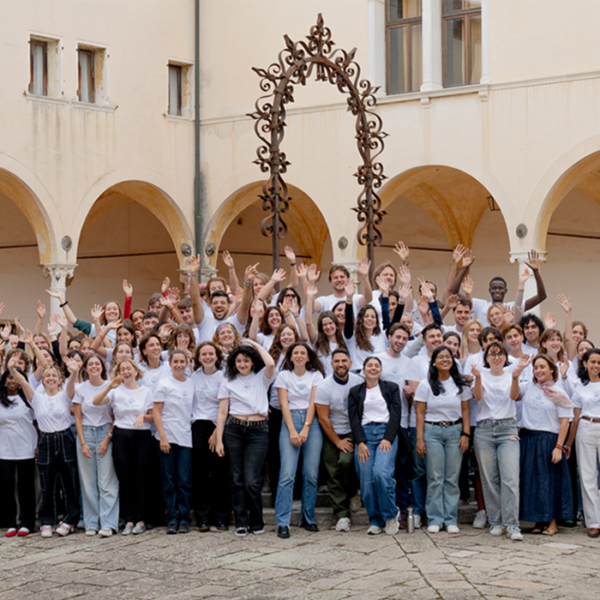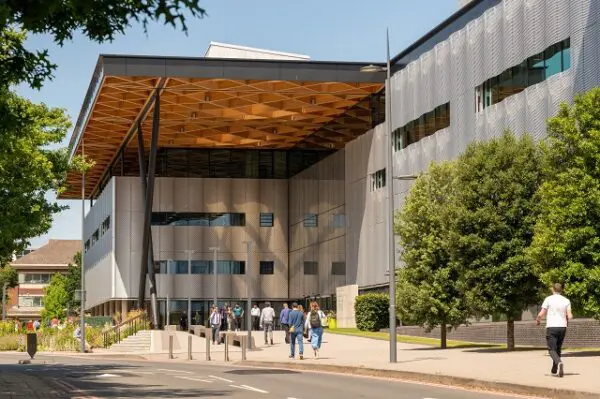
Venice Lido, Italy
European Master’s Programme in Human Rights and Democratisation – EMA
When:
14 September - 26 September 2027
Credits:
60 EC
Read more
International Relations
When:
23 June - 11 July 2025
School:
Institution:
Universitat Autònoma de Barcelona
City:
Country:
Language:
English
Credits:
6 EC
Fee:
930 EUR

We live in an increasingly complex, interconnected, and rapidly changing world, one that generates many challenges. And we want to help you to be better prepared to understand the world, analyse it, explain it and, if you want, intervene on those matters that you care the most want to change. The agenda of contemporary challenges in International Relations is enormous. Therefore, we have selected some issues to offer you an overview of key topics, such as polarization in contemporany democracies, peace and security, gender and armed conflicte, human rights, and the multidimensional global geopolitical competition.. And we will study this with cases form Europe, the Middle East, Latin America and Asia.
The sessions will include lectures, in-class debates, small-groups projects and presentations by the students.
1. Introduction to International Relations
2. Latin America: Regional and international challenges in an emerging international order
3. Gender and Armed Conflicts
4. The Sustainable Develoment Goals: Development, peace and security challenges
5. Polarization: Endemic problem of contemporary democracies
Pablo Aguilar, Blanca Camps-Febrer, Juan Pablo Soriano, Patricia Aguado. Universitat Autònoma de Barcelona/Autonomous University of Barcelona (UAB)
The UAB Barcelona Summer School is open to standing local and international undergraduates and graduate students. International students who have been accomplished the first year of their undergraduate or at least the 50% of their first year credits at their home university could also be enroled at the programme. Working knowledge of the language instruction is highly recommended.
We live in an increasingly complex, interconnected, and rapidly changing world, one that generates many challenges. And we want to help you to be better prepared to understand the world, analyse it, explain it and, if you want, intervene on those matters that you care the most want to change. The agenda of contemporary challenges in International Relations is enormous. Therefore, we have selected some issues to offer you an overview of key topics, such as polarization in contemporany democracies, peace and security, gender and armed conflicte, human rights, and the multidimensional global geopolitical competition.. And we will study this with cases form Europe, the Middle East, Latin America and Asia.
The sessions will include lectures, in-class debates, small-groups projects and presentations by the students.
Fee
930 EUR, The course fee for international and national students (non-UAB students) is € 910 but those who register before May 15th will get 20% discount.
When:
23 June - 11 July 2025
School:
Institution:
Universitat Autònoma de Barcelona
Language:
English
Credits:
6 EC

Venice Lido, Italy
When:
14 September - 26 September 2027
Credits:
60 EC
Read more

Coventry, United Kingdom
When:
12 July - 01 August 2026
Credits:
4 EC
Read more

Amsterdam, Netherlands
When:
06 July - 17 July 2026
Credits:
0 EC
Read more